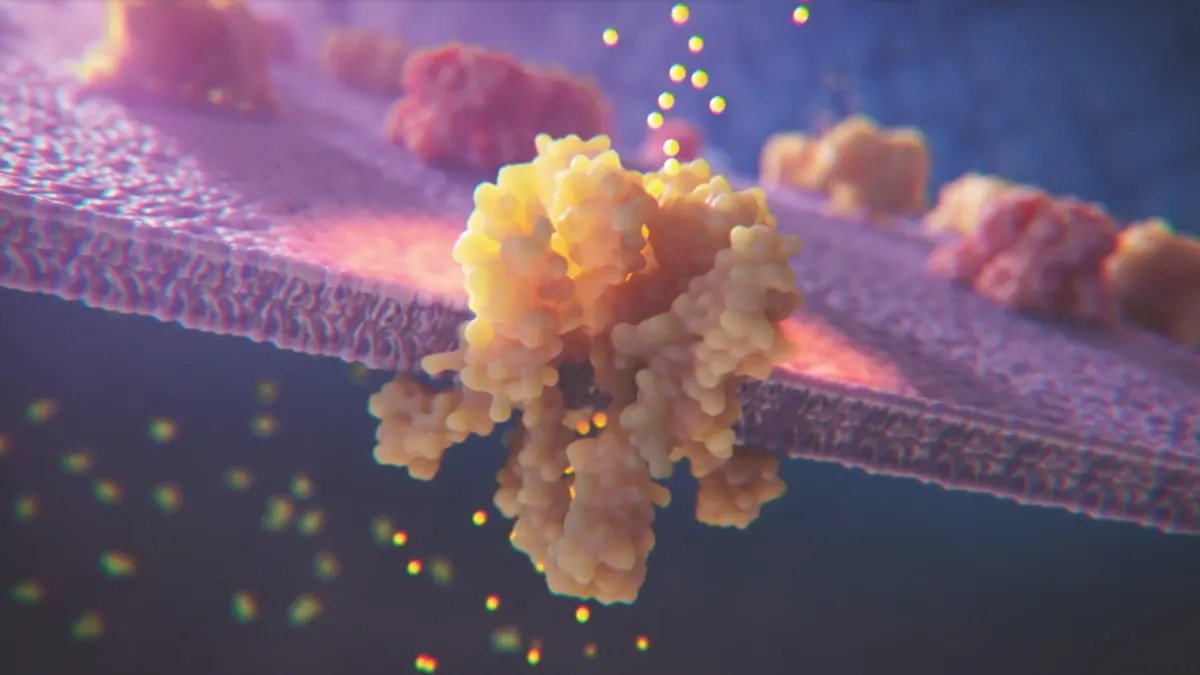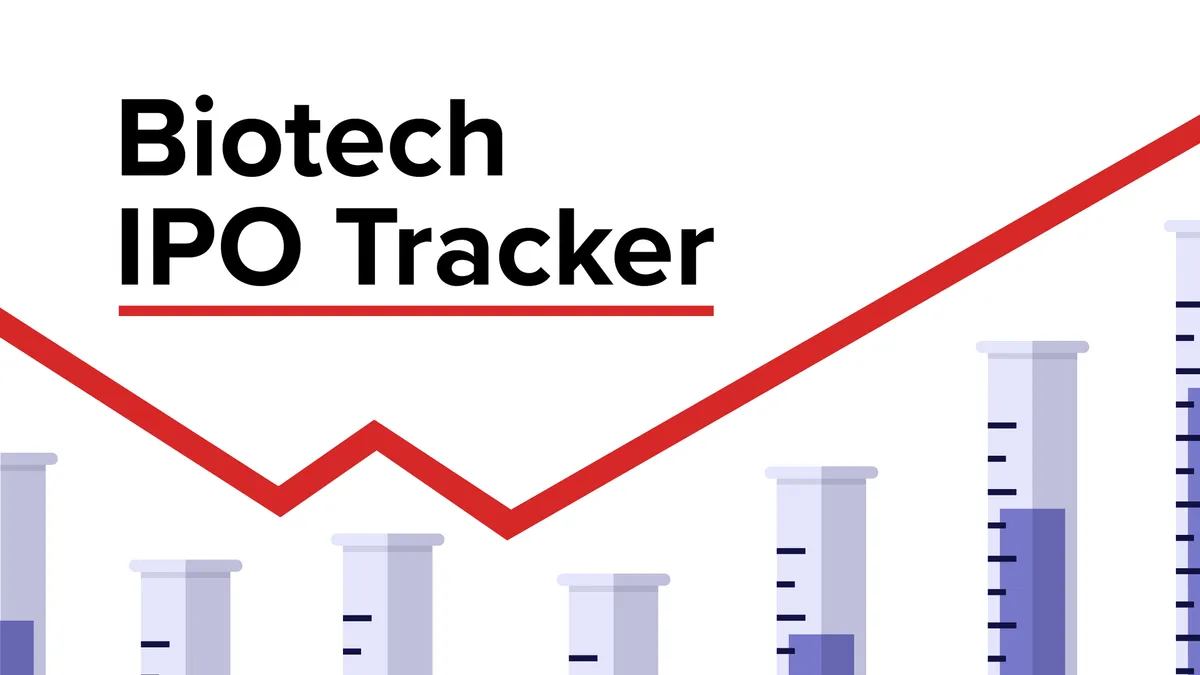San Diego biotechnology company Autobahn Therapeutics on Wednesday said it raised $100 million to advance an experimental mood disorder medicine into mid-stage testing.
The company, which launched in 2020, is developing the drug for major depressive disorder and bipolar disorder depression.
Called ABX-002, the drug works in a somewhat similar fashion to Madrigal Pharmaceuticals' Rezdiffra, by stimulating thyroid hormone receptors. Psychiatrists have used synthetic thyroid hormone off-label for years to treat depression, but the drugs aren’t approved for that use and come with the risk of cardiac side effects.
In ABX-002, Autobahn is developing what it describes as a “Trojan horse” that can cross the blood-brain barrier, said Kevin Finney, the company’s CEO.
The company is studying the drug as an adjunctive therapy, meaning it’ll be tested together with other antidepressants. Finney said it could boost the effects of existing drugs at lower doses, avoiding some of the side effects that come with upping the dosage of antidepressants when they don't work.
Autobahn's depression drug could be "particularly helpful" with people who have atypical depression, symptoms of which include oversleeping, lack of energy and weight gain, Finney said.
As drugmakers race to develop new kinds of antidepressants, Finney sees Autobahn’s work as part of a shift in how mood disorders are treated.
"Candidly, I hope all of them are approved because there are so many unique patient subtypes that you need to have multiple therapies,” Finney said.
The company was co-founded by Tom Scanlan, a researcher at Oregon Health & Science University, and Keith Lenden, a venture partner at Arch Venture Partners. (Though the biotech shares its name with Germany’s highway system, the name actually refers to the fictional band in The Big Lebowski, a favorite movie of one of Autobahn’s founders.)
Autobahn started out focusing on central nervous system disorders such as multiple sclerosis and adrenomyeloneuropathy. Since then, the company has leaned into neuropsychiatry drugs, though it is still developing a S1P modulator for neuroinflammatory conditions that it plans to push into clinical testing next year. Several S1P modulators are approved to treat multiple sclerosis.
Autobahn raised $125 million prior to the Series C funding round announced Wednesday, which was led by Newpath Partners. New investors included Canaan Partners, Monograph Capital, and Insight Partners, while Autobahn’s prior investors, among them Arch Venture Partners, Biogen, Pfizer Ventures and Bristol Myers Squibb, also joined.
Finney, a former executive at Abide Therapeutics, said the company could seek additional private financing, a pharma partnership or an initial public offering to advance its drugs into Phase 3 studies.
Psychiatry drugs have drawn more investment from pharma recently, with big buyouts of schizophrenia drugmakers Karuna Therapeutics and Cerevel Therapeutics two notable examples. The influx has raised optimism that new kinds of treatments for diseases like schizophrenia, depression and bipolar depression may be within reach.
“With depression rates reaching historic highs in recent years, there is an urgent need for new and better medicines that alleviate suffering and address the global depression crisis,” said Thomas Cahill, the founder of Newpath Partners, in a statement. “We look forward to working alongside the Autobahn team to help bring forward much-needed, effective therapies for people living with depression and other CNS disorders.”















